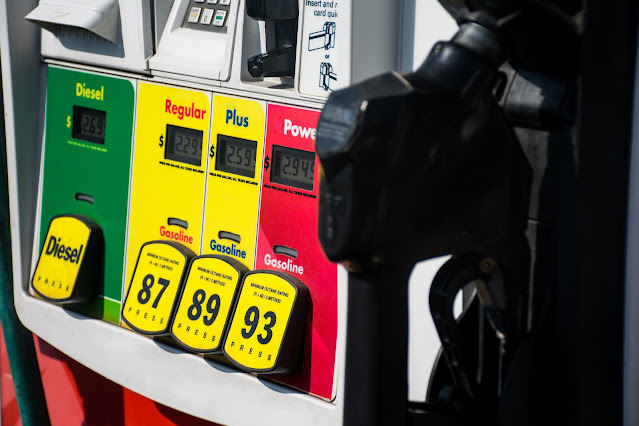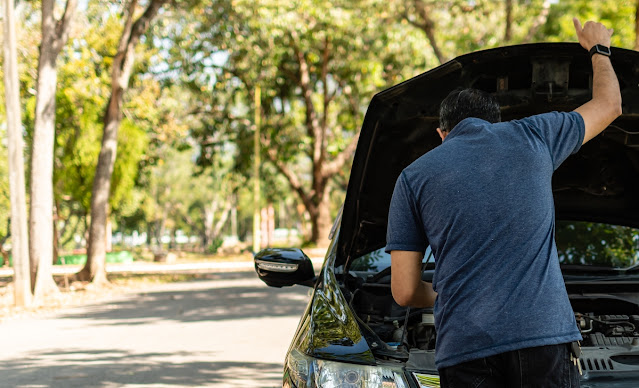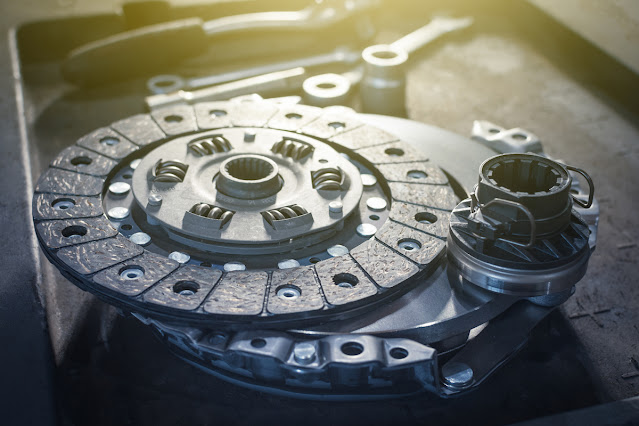When you stop at the gas station to fill up, you likely notice that there are three types of regular gasoline available to you and that they vary in price. These are called "grades" of gasoline. However, what does "grade" mean and what effect does each of them have on your Orlando Toyota when you fill up? Toyota of Orlando is here to explain gasoline grades and how they affect your car's performance.
What are the three grades of gasoline?
As noted, there are three grades of gasoline (not counting the green-handled pump - that one is diesel). They're as follows:
- Regular (87 octane)
- Midgrade (89-90 octane)
- Premium (91-94 octane)
You may not see these three particular grades; sometimes, they're referred to as unleaded, super, and super premium. Regardless of what they're called, they exist in grades because of their octane rating. Each grade has a different octane rating (the number on it). Octane ratings are a measure of a fuel's stability and are assigned based on the pressure at which a fuel will spontaneously combust inside an engine. The higher the octane rating of the fuel, the more stable it is.
So how do the different grades of gasoline affect your Orlando Toyota's performance? If you drive an internal combustion engine car (a typical gasoline-powered car) or a hybrid, your vehicle uses controlled internal combustion to ignite the regular gasoline inside the engine and get things up and running.
Unstable fuel, on the other hand, can cause spontaneous internal combustion (as opposed to planned, controlled combustion). If spontaneous combustion is taking place inside the engine, it means you have secondary combustion happening as well as uneven fuel dispersion. This leads to high pressure inside the engine, and subsequently, damage to the pistons (which can be expensive to fix).
The good news is that modern cars have sensors in the engine to detect uncontrolled or secondary combustion inside the engine. These sensors can then delay the controlled combustion to reduce pressure and the damage it could do to your engine.
That's why octane rating is important to pay attention to when you're choosing your grade of gasoline. Most cars can run on any grade without issue, but it's important to check your owner's manual when you buy a new car. Some cars can only run on premium fuel and will have an issue using anything with a lower octane rating, so be sure to use what's required.
And contrary to popular belief, putting premium fuel in a car that doesn't require it doesn't reap any benefits. Your car won't perform any better or have fewer issues - you're basically just wasting money.
Get answers to all of your gasoline questions at Toyota of Orlando
Have questions about gasoline grades and your Toyota? Call Toyota of Orlando today. We're open seven days a week at (407) 298-0001 and we're conveniently located just off I-4 near the Millenia Mall at 3575 Vineland Road.





